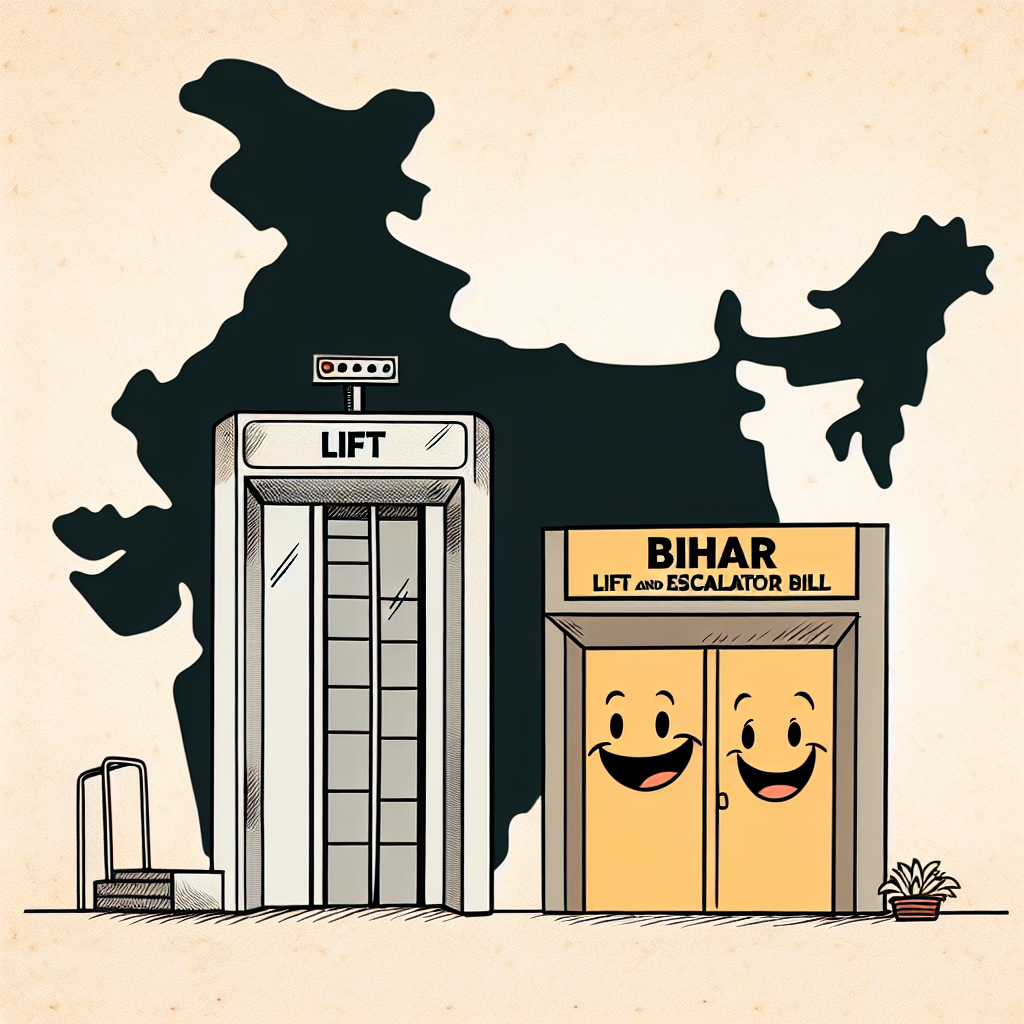Controversial Waqf (Amendment) Bill Sparks Debate Over Modernization vs. Autonomy
The Waqf (Amendment) Bill aims to modernize the management of religious endowments through increased transparency and accountability. While some praise its potential to prevent corruption and improve efficiency, critics argue it could centralize government power and undermine the autonomy of religious minorities. The bill has sparked intense debate among various stakeholders.

- Country:
- India
The Waqf (Amendment) Bill, tabled in the Lok Sabha on Thursday, has ignited a fierce debate. Advocates argue it's crucial for modernizing the management of religious endowments, enhancing transparency, and curbing corruption.
Supreme Court lawyer Ramisha Jain calls it a foundational step toward equal governance of religious affairs, highlighting its role in preventing mismanagement and encroachment. However, she warns that increased government control could erode the autonomy of Waqf boards.
Critics, including Jamaat-e-Islami Hind's vice-president Malik Moatasim Khan, contend the amendments could dismantle established legal structures and infringe on religious minorities' rights. They demand more robust stakeholder consultation to avoid potential disputes and safeguard community interests.
(With inputs from agencies.)










